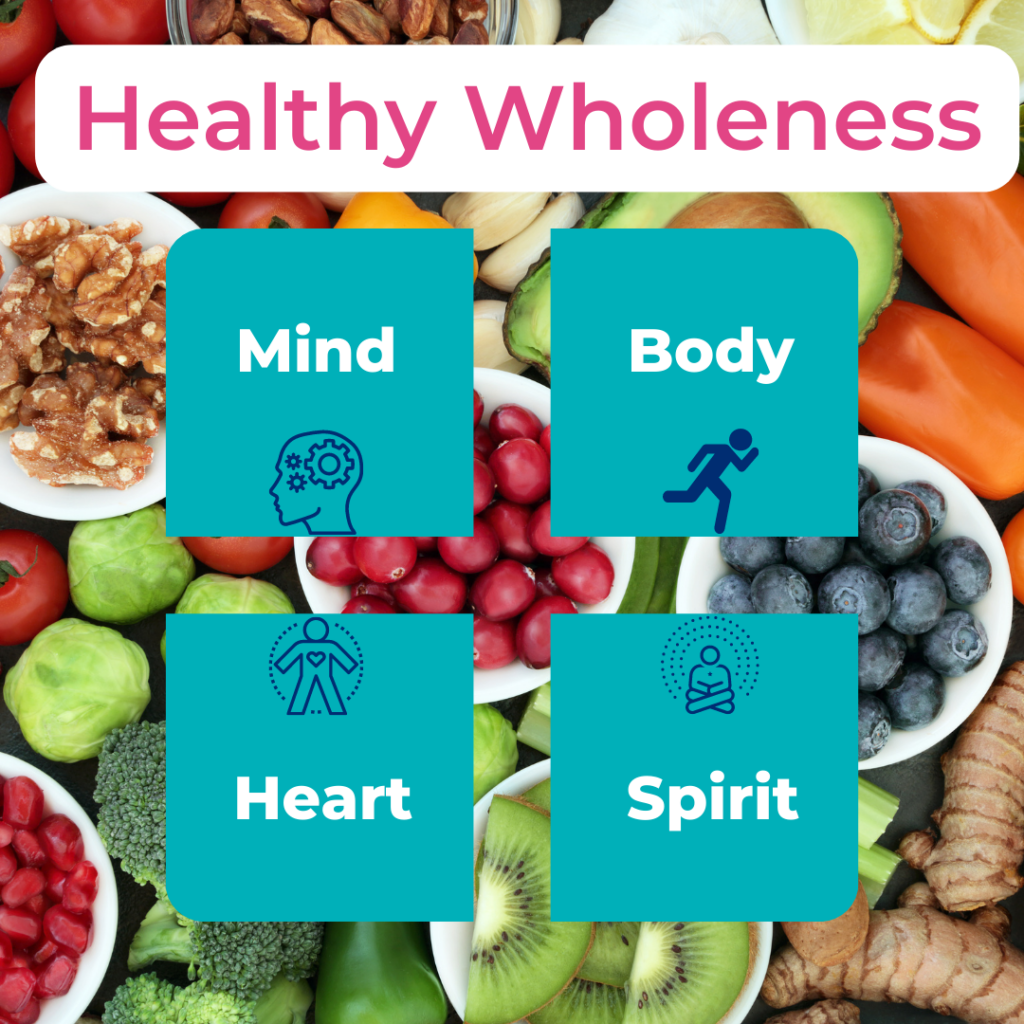Stomach clenched, with tears in my eyes and a heavy heart, I closed the newspaper. A typical morning. Why do I do it? I feel upset after I read the daily news because most of the content is so negative.
Among other topics, today’s edition discussed another school shooting. It showed a funeral for two slain police offers responding to a domestic complaint and it talked about the absolute turmoil in a foreign country over a potential judicial overhaul.
My body (stomach), heart (heavy), and spirit (tearful) told me in their own ways how to interpret what I read in the paper. What changed is that this time I listened. I didn’t let my mind override the rest of the cues I was receiving.

Wholeness
Today’s world values analysis and logic. As such, it’s no wonder the mind reigns supreme. Add in the role of the ego, which is all in the head, and you can see how the mind gets weighted more heavily than body, heart, and spirit. In fact, you may live the same way as I do, “in your head.”
Yet each quadrant plays a role in holistic health – mind, body, heart, and spirit. To be whole is to find balance between these quadrants.
Egészség
In Hungarian, we refer to health as “egészség.” The first part of that word, egész, means “whole.” In other words, to be whole is to be healthy.
In English, when you say “health” I bet you associate the word primarily with physical health and then, secondarily, with mental health. Heart and spirit don’t belong in the current definition of health.
Separation of Mind and Body

The human obsession with the mind is ongoing but its separation from the body only occurred in the last few hundred years here in the West. Before that, people accepted the relationship between the two and, indeed, extended the definition of healthy to encompass the “whole” self, which included the interplay of heart and spirit.
The West may have lost sight of what it means to be whole, then, but it doesn’t mean it can’t get it back.
To be whole is greater than having a healthy mind and body. Wholeness acknowledges the need for emotional health, which gets placed under mental health these days, a misnomer in my opinion. It also embraces spiritual health.
The term “whole-hearted” means being welcoming, open, and receptive.
Being whole in spirit means finding rest and ease, a sense of peace and connection to yourself and to something larger.
All these avenues give you information and are what make you whole. A healthy whole.
A Challenge

What would happen if you analyzed a situation without using your mind? Try only using physical sensation (the body) or your feelings (heart) or listening to that inner voice of wisdom (spirit).
You will quickly realize how you over-use the “mind” muscle and under-use the other ones. When you over-use a muscle, you know what happens. It gets strained/injured and needs time for repair.
Decision Time
In sum, getting healthy requires wholeness, incorporating mind, body, heart, and spirit. I’m not arguing the other quadrants are necessarily better information, but they provide more complete information. Like moving from 2D to 4D.
Using my whole self, I have come to a decision. I’m cancelling my newspaper subscription. At this point, I’m choosing differently based on what the rest of my healthy self wants me to know.
Header Photo by Anna Pelzer on Unsplash, Photo by Miquel Parera on Unsplash, Photo by Luke van Zyl on Unsplash

